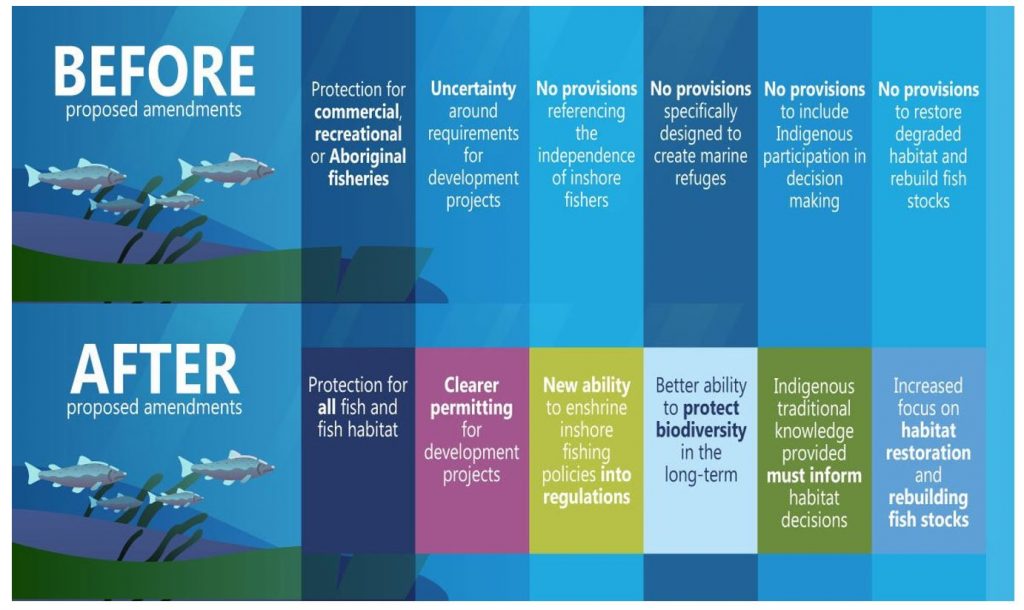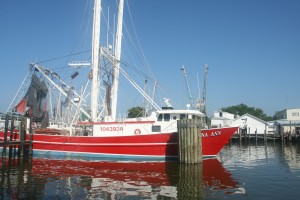Yesterday, the government of Canada announced some proposed amendments to the national Fisheries Act. The full text of the proposal can be viewed here. So far, it’s gone through the First Reading in the House of Commons (for my non-Canadian readers, here is what that means). I reached out to fisheries and conservation policy experts across Canada to ask what they think of these proposed changes.



